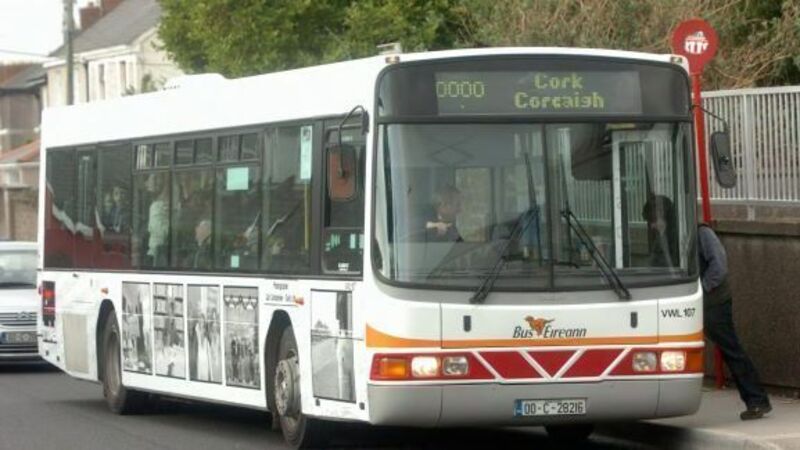Thousands of passengers left waiting for bus strikes to arrive

Following Monday night’s collapse of talks between unions and management on how to knock €12m off the staff pay bill, the board of the bus company will gather once again this morning to look at its options, including potentially deciding a date for the implementation of a series of controversial cuts.
As Siptu said in the aftermath of the talks collapse, strike action is “unavoidable”.













